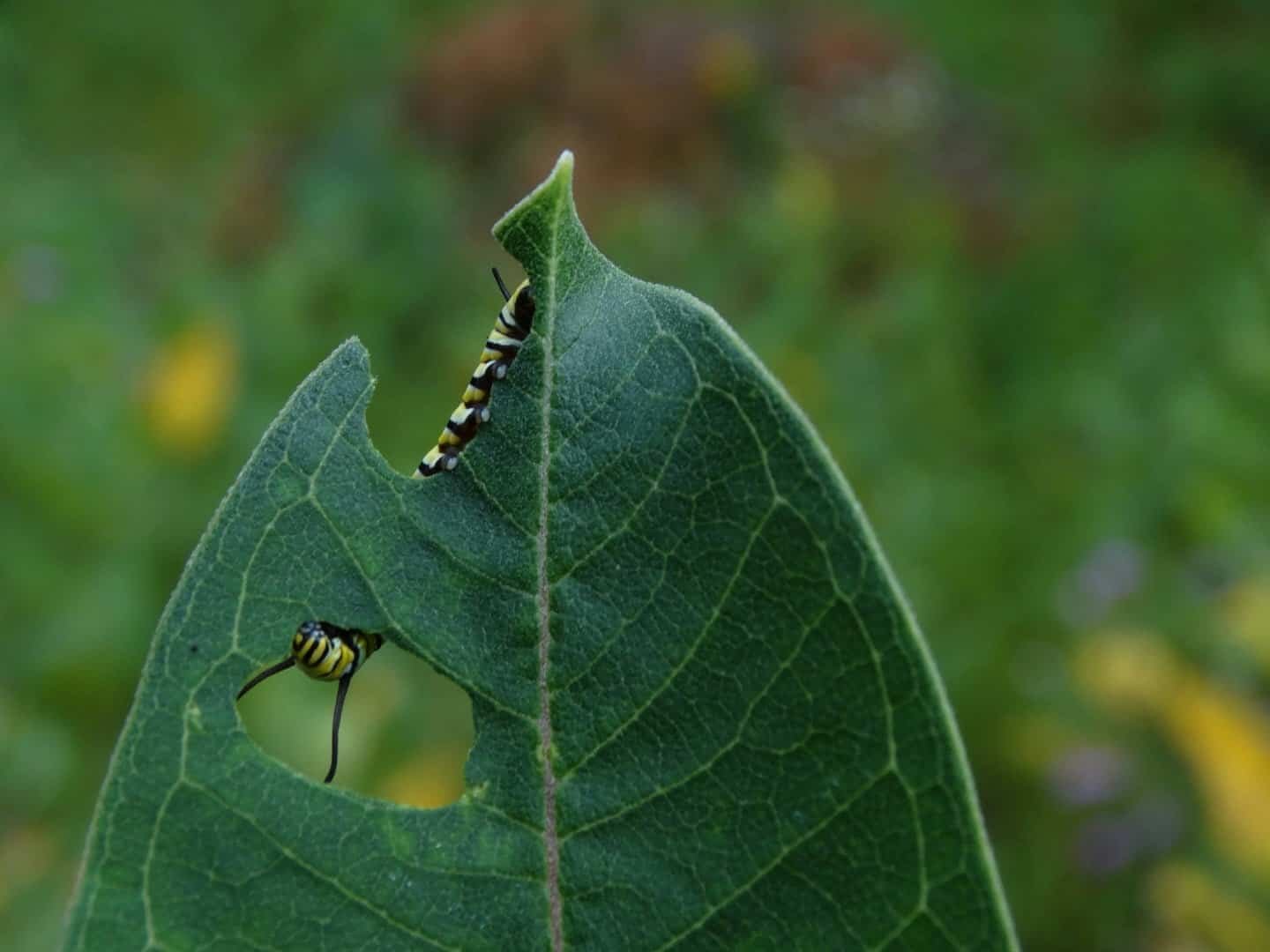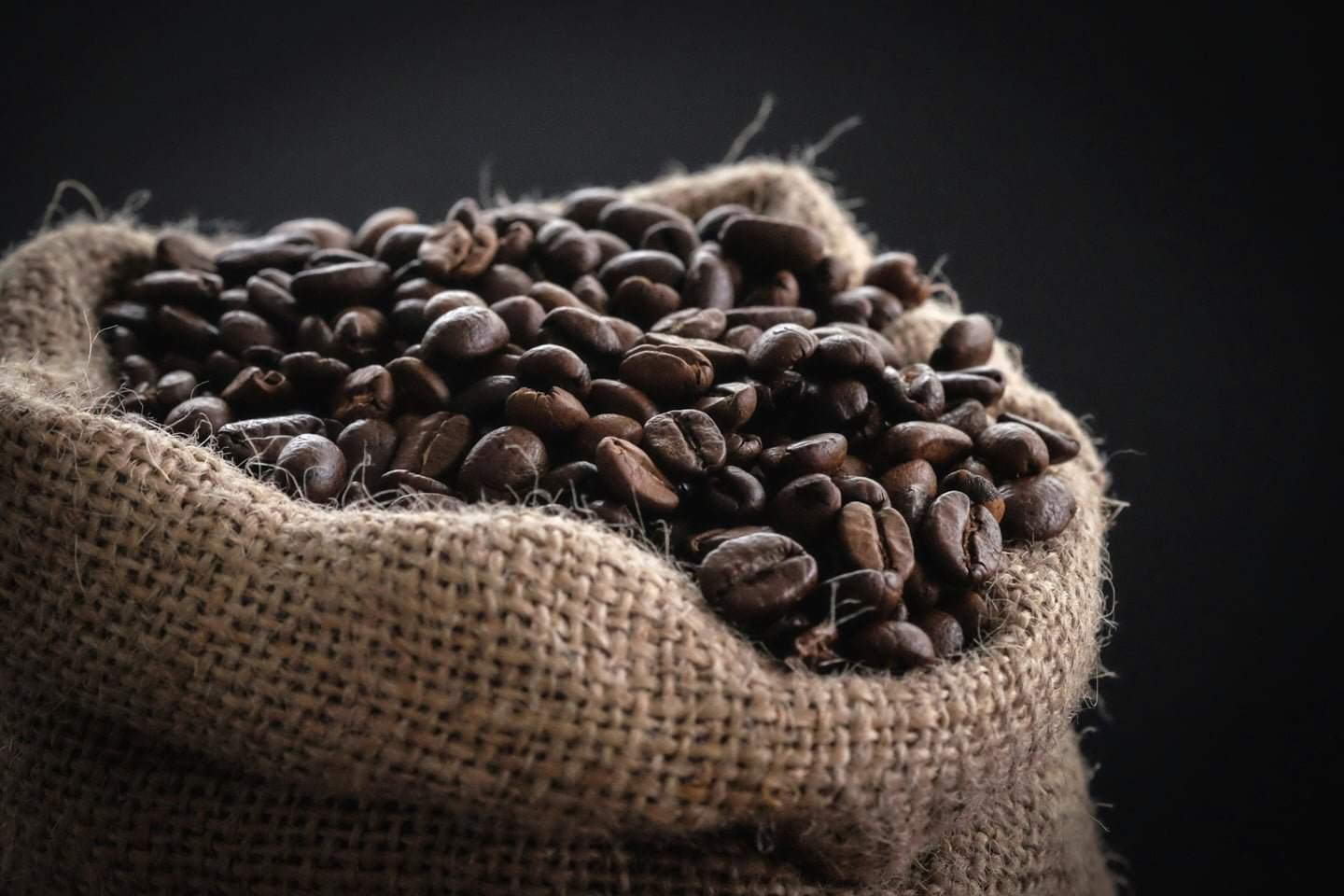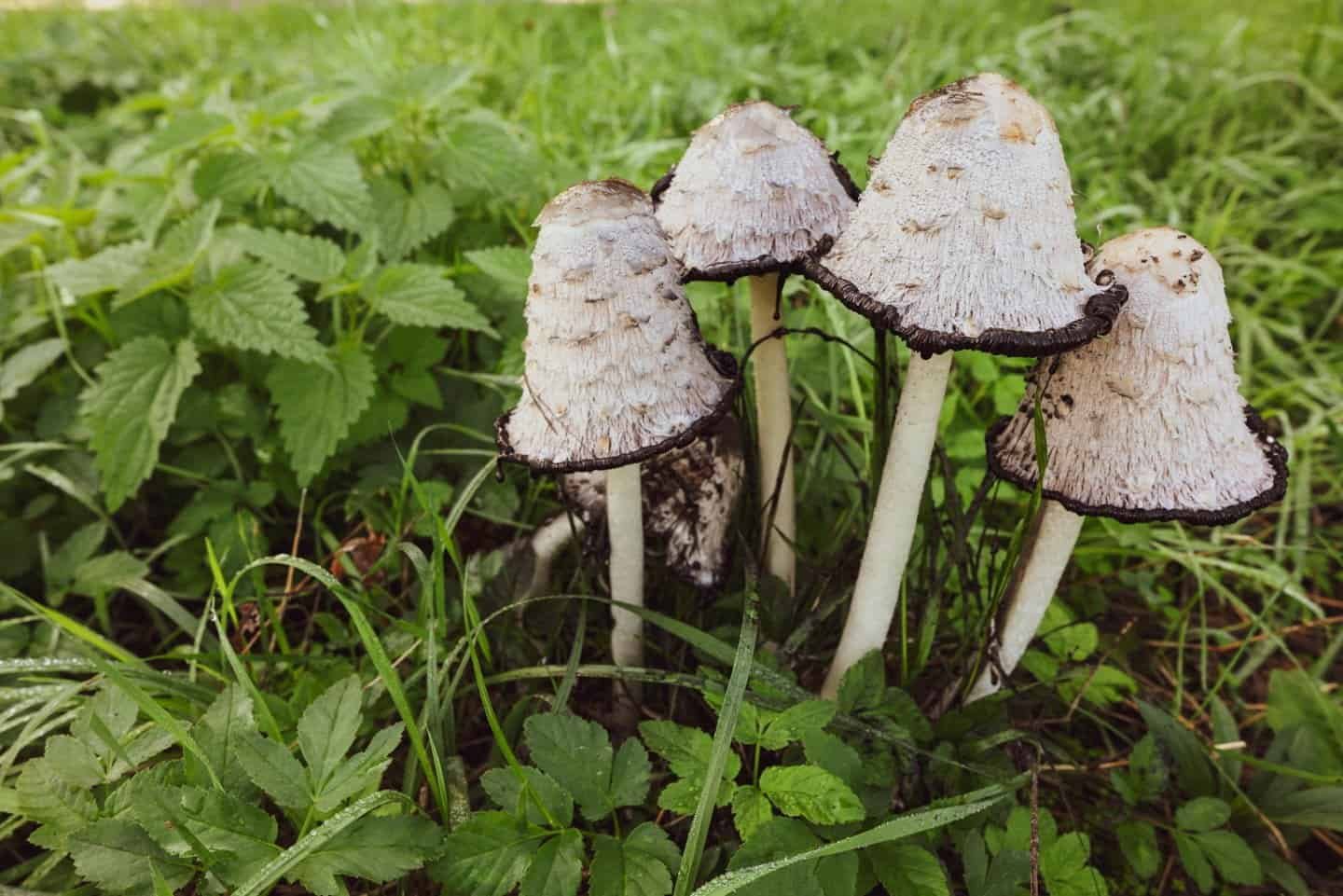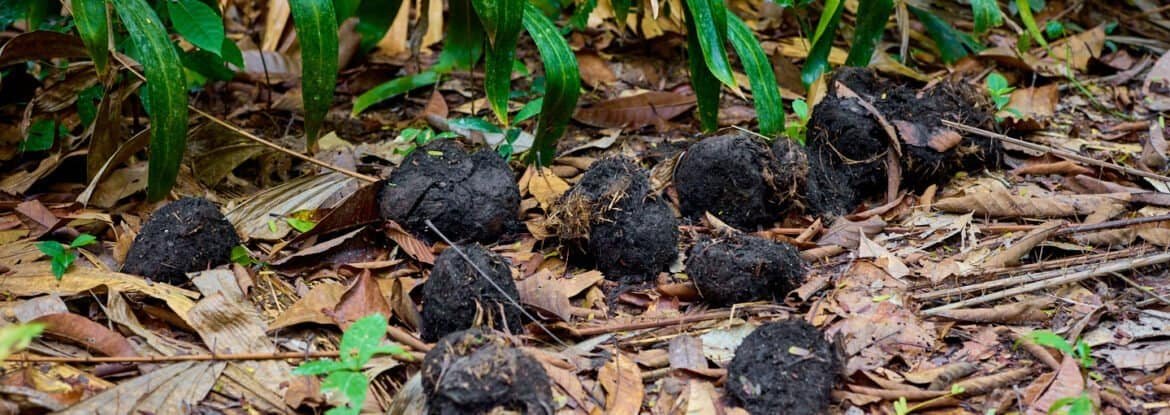The Hidden Wonders of Nature’s Leftovers
Considering that elephants are the largest land mammals on Earth, it’s no surprise that their dung is equally as sizable and abundant. In fact, the average full-grown Asian Elephant consumes an astounding 150 to 200 kilograms of food each day (on average). That’s a staggering amount of vegetation that these gentle giants must process through their intricate digestive systems, resulting in an equally impressive volume of excrement. With so much of this natural byproduct lying around in the elephants’ native habitats, it’s no wonder that humans have long been fascinated by the unique properties and diverse applications of this seemingly ordinary, if smelly, material!
From fuel sources to medicinal remedies, and even into the realm of high art, the humble elephant dung has proven to be a treasure trove of unexpected wonders!

Medicinal Wonders
In certain traditional medicine practices, the therapeutic properties of elephant dung have long been revered and utilized to treat a variety of ailments. From topical applications to internal remedies, this unorthodox material has been incorporated into holistic healing protocols, showcasing the depth of knowledge and ingenuity held by indigenous communities. While the scientific community continues to investigate the potential bioactive compounds and antibacterial qualities of elephant dung, these traditional practices serve as a testament to the enduring wisdom of cultures that have lived in harmony with the natural world for generations.
Fuel for the Flames
For generations, people living in areas home to elephant populations have turned to a rather unexpected resource to meet their energy needs – dried elephant dung. This abundant natural material has proven to be a versatile and sustainable fuel source, offering a clean-burning alternative to traditional wood or charcoal.
The high cellulose content of elephant dung allows it to combust efficiently, generating heat and energy without producing excessive smoke or pollutants. This makes it an ideal fuel choice, particularly in regions where the elephants roam and access to wood resources may be limited. By repurposing the dung, local communities have not only found a practical solution to their energy requirements, but have also contributed to the sustainable management of their environment.
The use of elephant dung as a fuel source helps to reduce reliance on finite fossil fuels, lessening the pressure on the delicate ecosystems where these magnificent creatures live. It’s a win-win situation – the communities meet their energy needs through a renewable, eco-friendly material, while also supporting the preservation of the elephants’ natural habitats.

Pest Control
Farmers have found a surprising and effective way to protect their crops from pests – using elephant dung! The strong, pungent smell of fresh elephant dung helps keep a wide variety of crop-damaging insects, small animals, and even some plant diseases away from the fields and gardens. By strategically placing or mixing the dung into the soil around their crops, farmers can create a natural, non-toxic barrier that wards off these harmful pests. This is a much safer alternative to using harsh chemical pesticides, which can damage the surrounding ecosystem.
Relying on elephant dung instead of synthetic chemicals helps farmers maintain the health and biodiversity of the land they steward. It’s an ingenious, eco-friendly solution that works in harmony with nature to safeguard valuable crops.

Coffee Beans?!
In a remarkable partnership between nature and human innovation, a one-of-a-kind coffee has emerged from the lush forests of Southeast Asia – elephant dung coffee, also known as “black ivory coffee.” This extraordinary coffee varietal is the result of a unique collaboration between the region’s free-roaming elephants and dedicated coffee producers.
Here’s how it works: The elephants consume ripe coffee cherries, which then pass through their digestive system. The enzymes and microbes inside the elephants’ stomachs help to break down the coffee beans, imparting a distinctive flavor profile. This process gives the coffee a smooth, low-acidity taste with rich, earthy and chocolate-like notes.
The coffee beans are then carefully extracted from the elephant dung, cleaned, and roasted to preserve these unique characteristics. The result is a captivating and highly sought-after delicacy, prized by the world’s most discerning coffee connoisseurs.
Due to the rare and labor-intensive nature of this process, elephant dung coffee can cost an astonishing $1,000 or more per kilogram. While the price tag may seem steep, it reflects the remarkable ingenuity and the power of nature’s unexpected collaborations.

Mycological Wonders
In a surprising twist, elephant dung has also become a valuable substrate for the cultivation of certain edible and medicinal mushroom species. The rich organic matter and unique microbial communities present in the dung provide an ideal environment for the growth of these fungal wonders, which can then be harvested and utilized for a variety of culinary, medicinal, and even industrial applications. This symbiotic relationship between elephants, fungi, and humans showcases the remarkable interconnectedness of natural systems, and the potential for innovative collaborations that unlock the hidden value of seemingly mundane natural resources.
Soil Enrichment:
Elephant dung is much more than just waste – it’s a treasure trove of essential nutrients that can breathe new life into depleted soils. As a natural byproduct of the elephant’s digestive process, this material is brimming with organic matter, minerals, and beneficial microorganisms that are highly valuable for farmers and gardeners.
By harnessing the power of elephant dung as a fertilizer, growers can nourish their crops, revitalize their land, and support the growth of diverse plant life. This eco-friendly approach reduces the need for synthetic fertilizers, which can be harmful to the environment.
The abundance of nutrients in elephant dung makes it a vital asset in sustainable agriculture and holistic land management practices. When applied to the soil, it helps to improve soil health, structure, and water-holding capacity – all of which are crucial for productive and resilient ecosystems.
In a world where preserving arable land and promoting sustainable food production are top priorities, the use of elephant dung as a natural soil amendment offers a promising solution. It’s an environmentally friendly way for communities to enhance the fertility of their land and support the delicate balance of their local environments.



Post a Comment